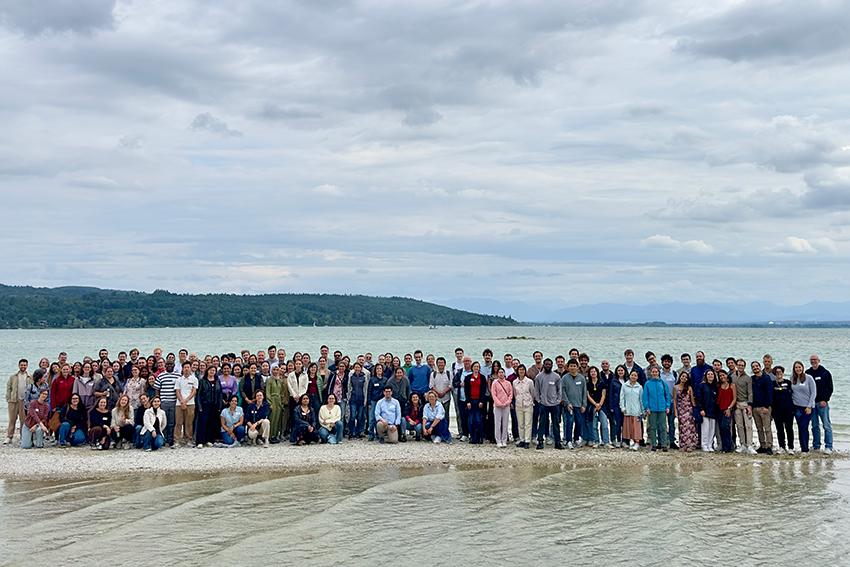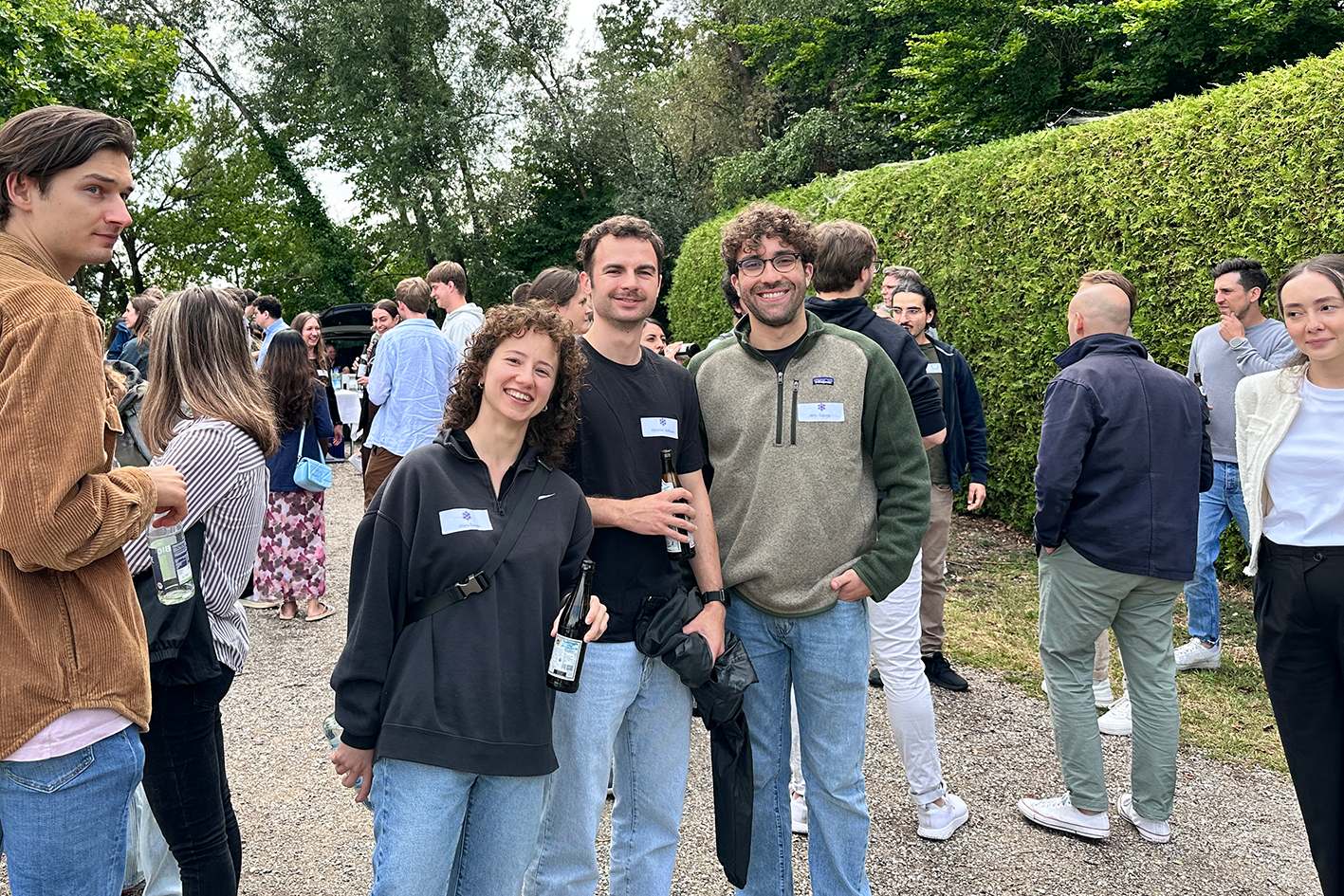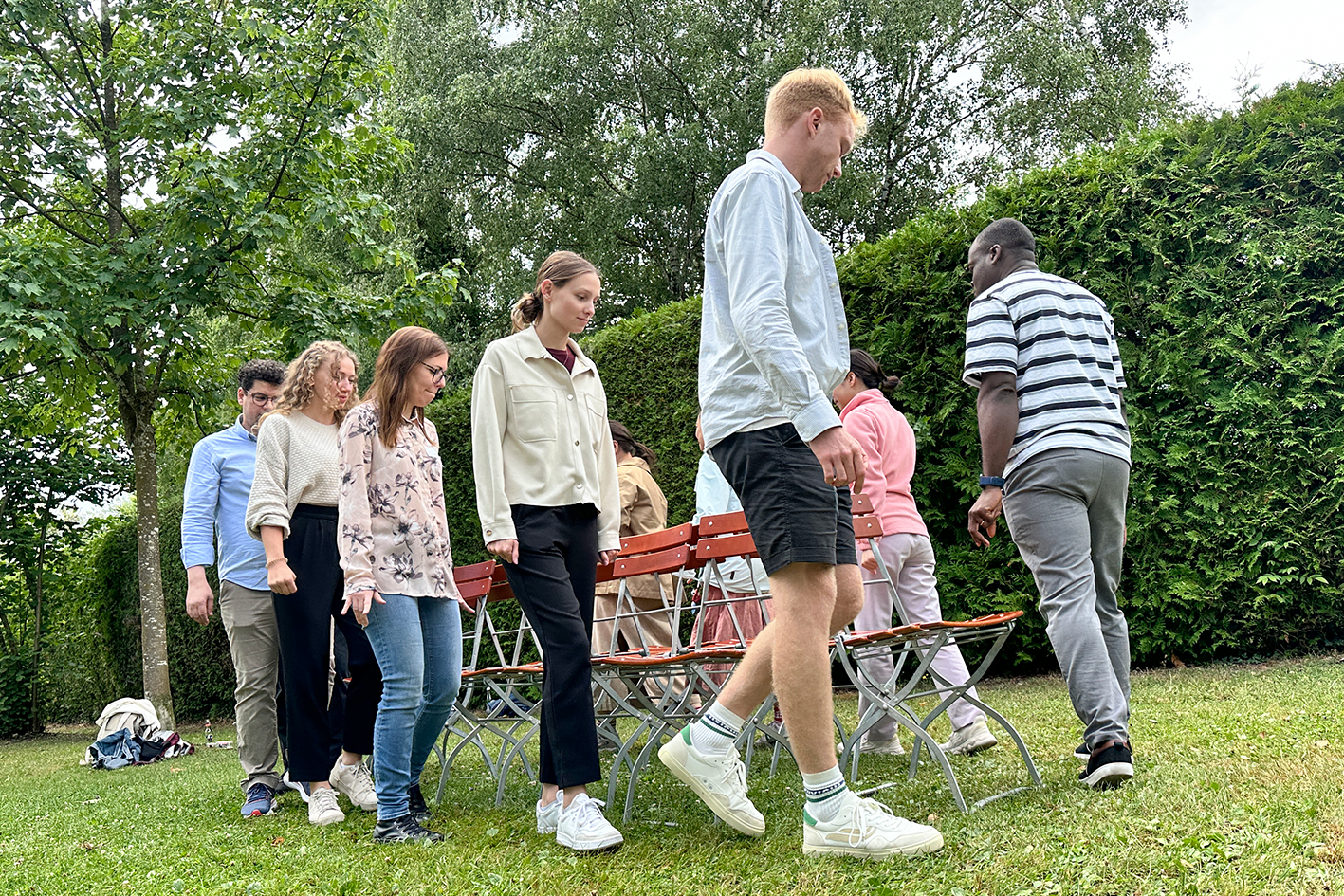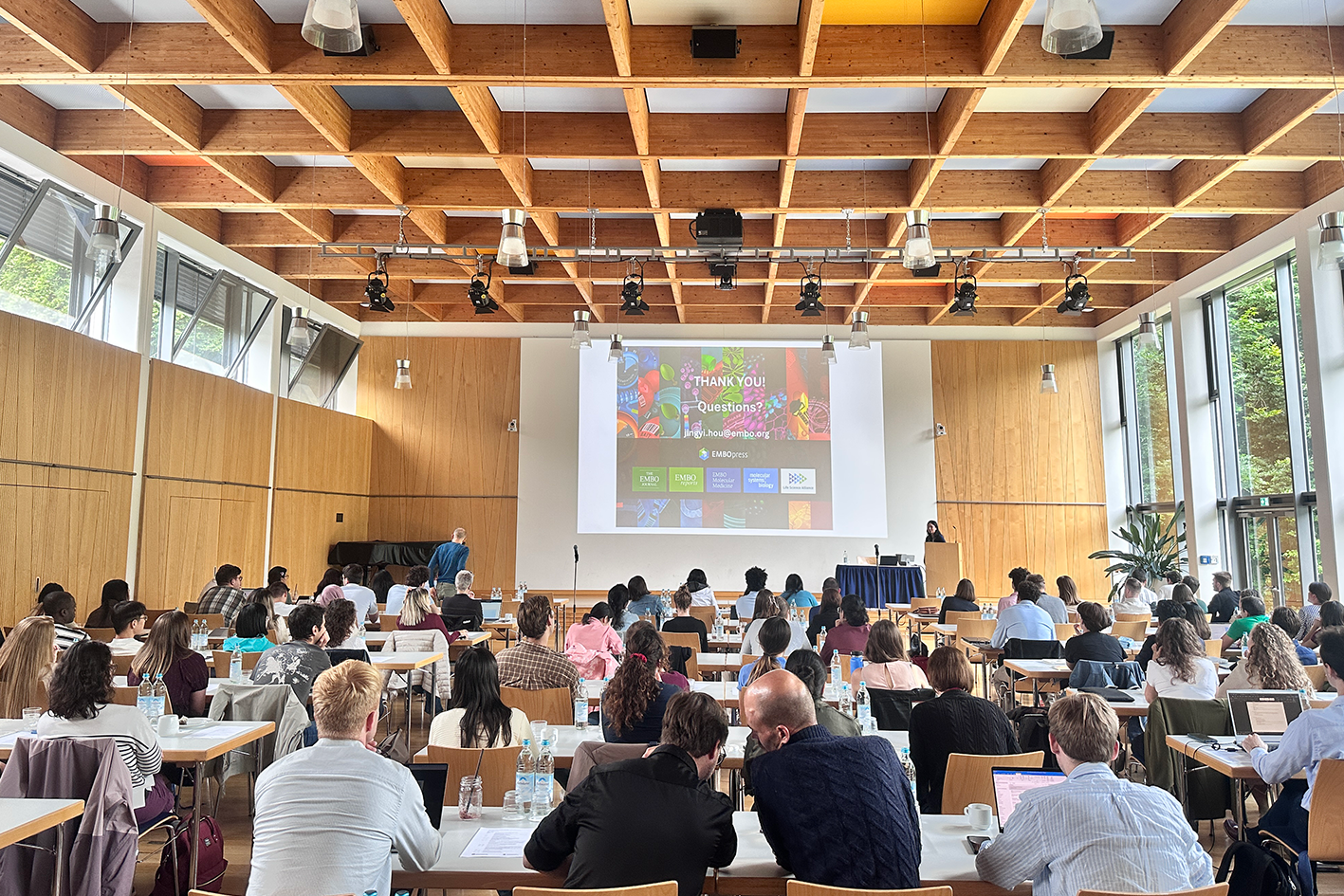News
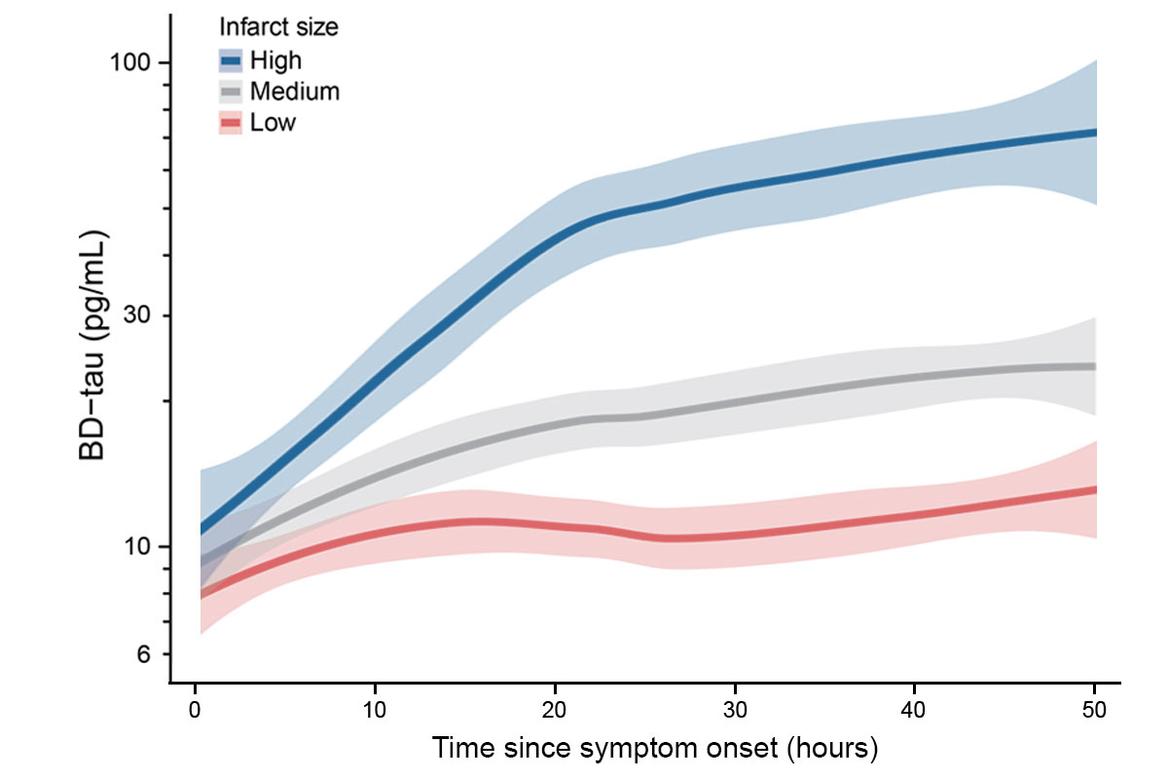
New blood test enables brain injury monitoring after stroke
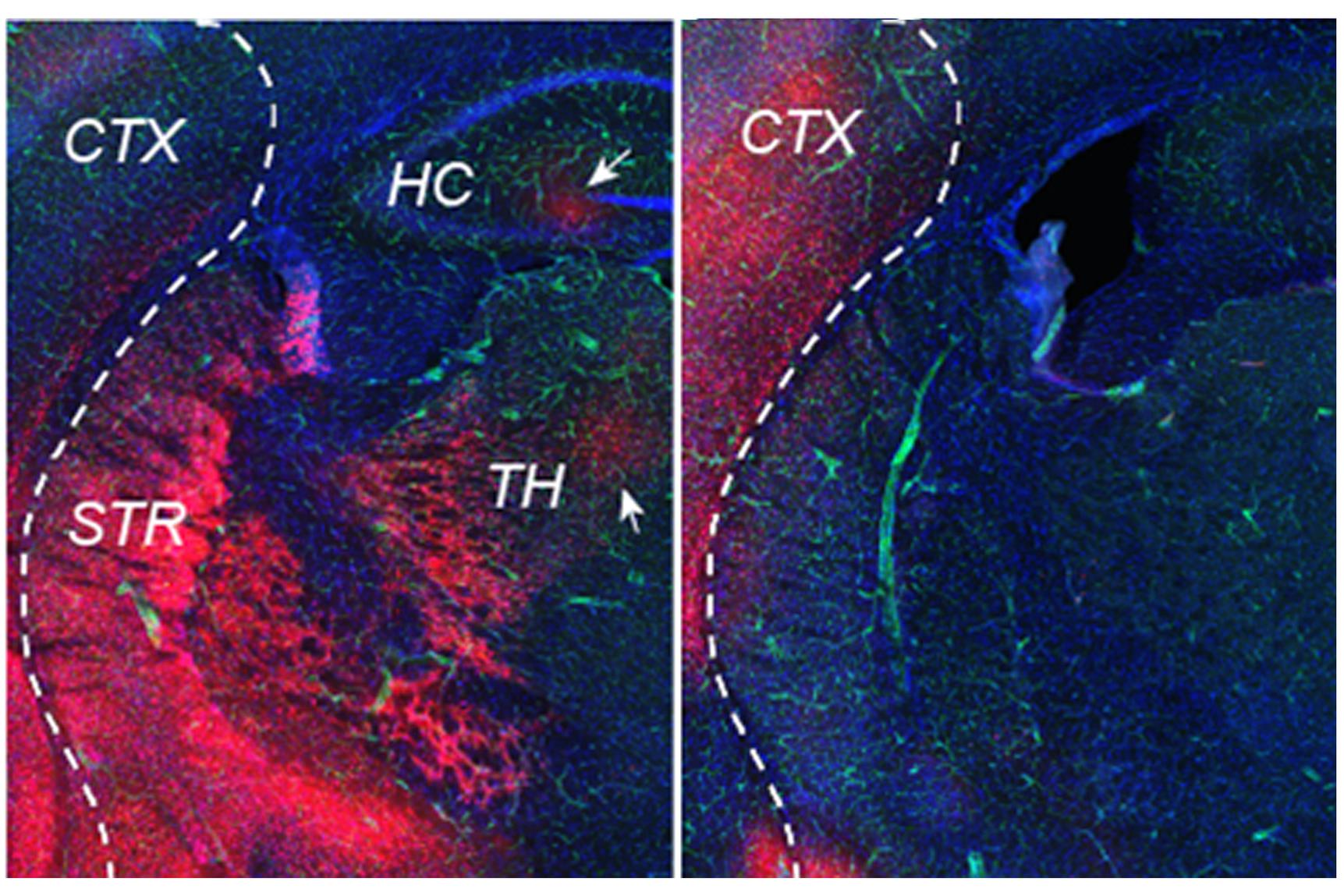
FOXF2 Protects Brain Vessels by Sustaining Tie2 Signaling
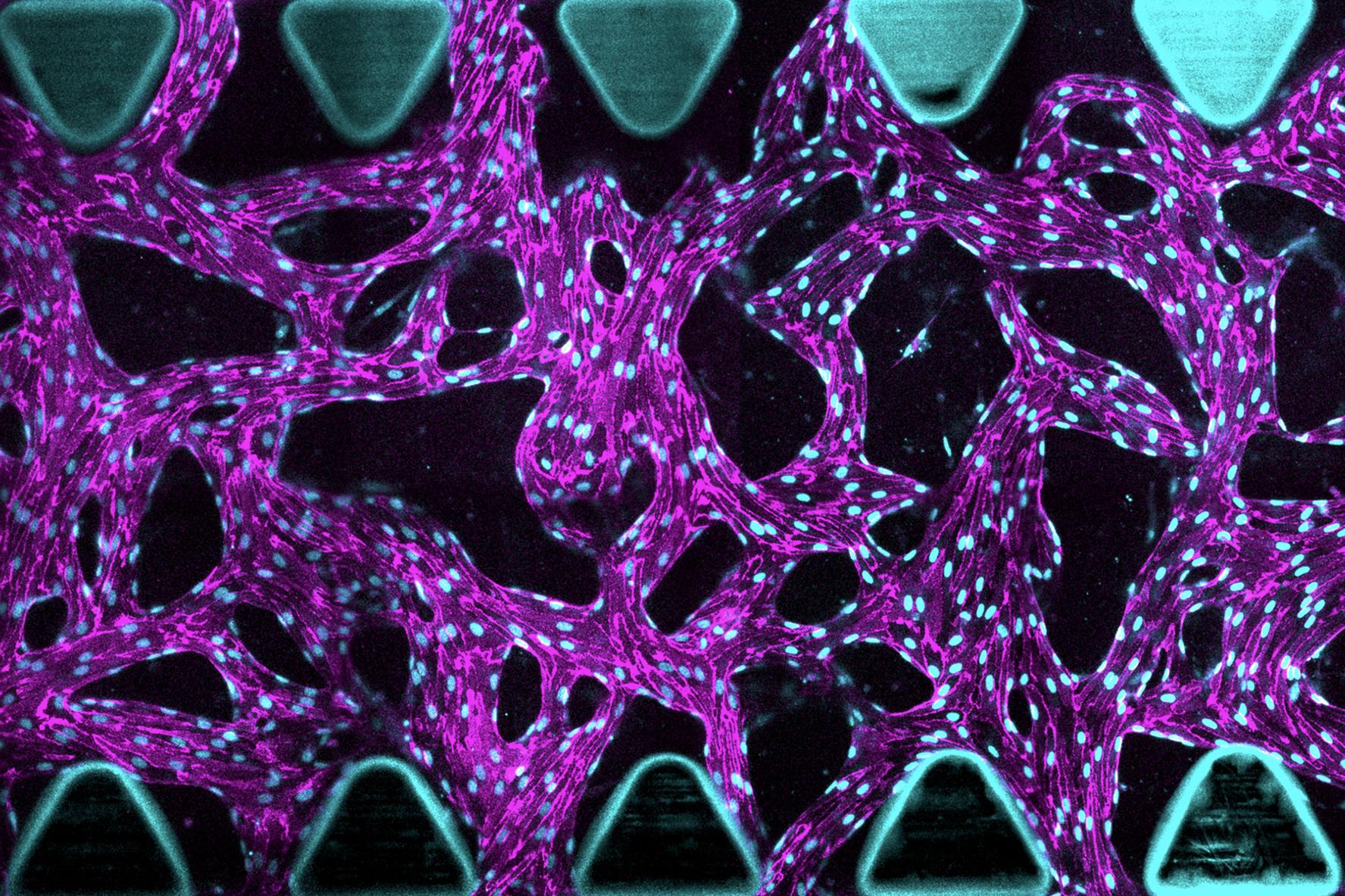
A Human 3D Model of the BBB Sheds Light on Neurovascular Diseases
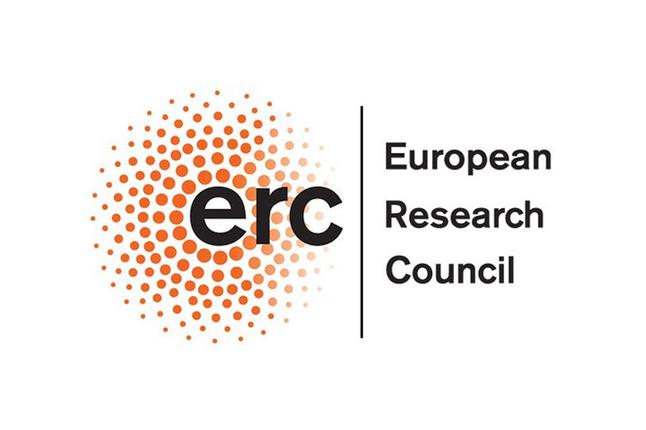
ERC Consolidator Grant for Arthur Liesz

New Collaborative Research Center approved by DFG

Synaptic density associated with tau pathology in AD
Martin Dichgans among "Highly Cited Researchers 2025"
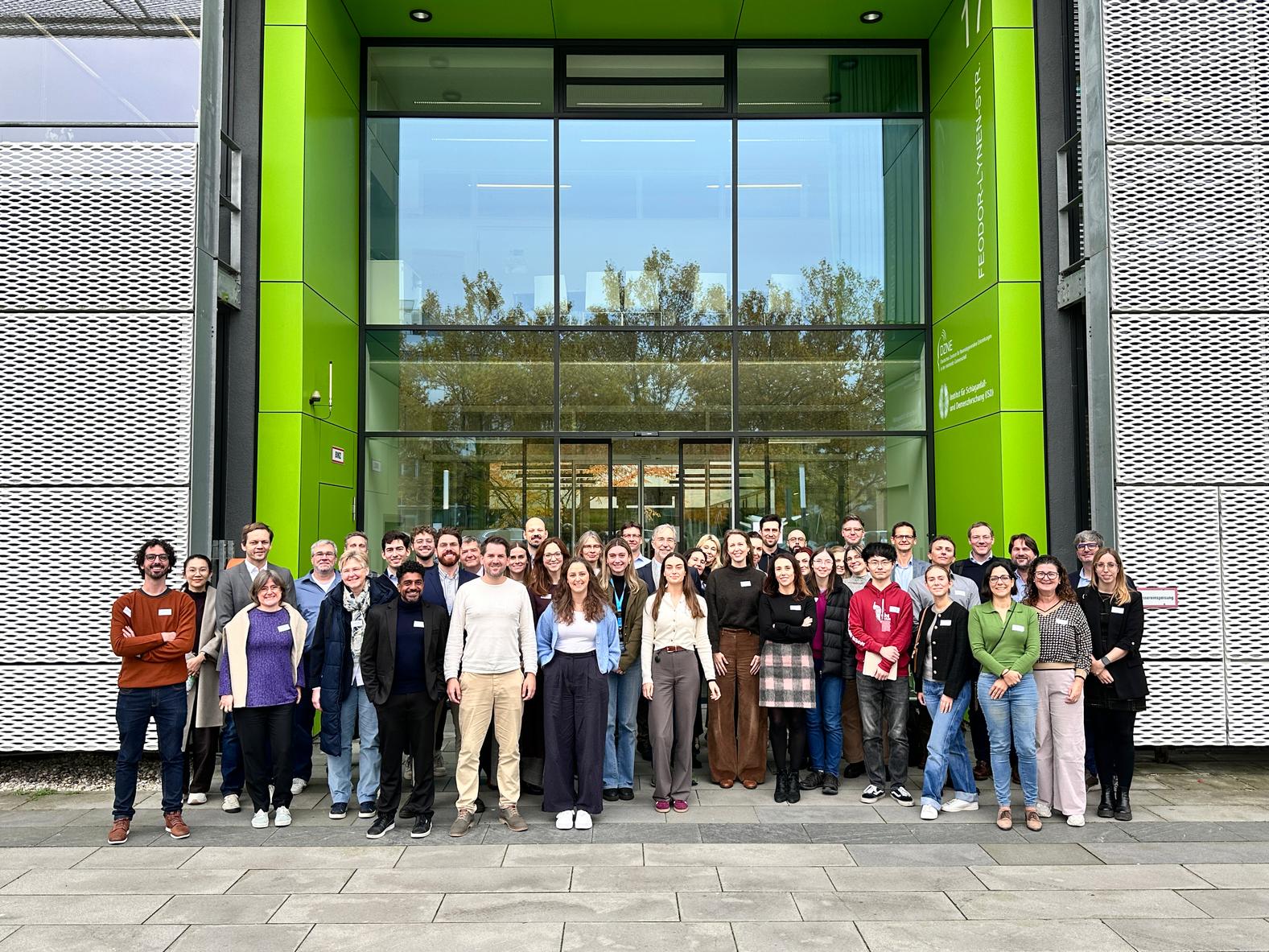
First PI-2620 Tau-PET Symposium
October 2025 – Organized by the ISD and Dept. of Nuclear Medicine (LMU Hospital) along with Life Molecular Imaging (LMI), a Lantheus Company, this 2-day symposium (October 16-17) unites leading researchers and clinicians to explore tau PET imaging - from disease mechanisms to clinical use - offering a platform to share insights, present new data, and foster collaboration advancing tau PET research in Germany.

Tau deposits in Alzheimer’s linked to degeneration of white matter networks
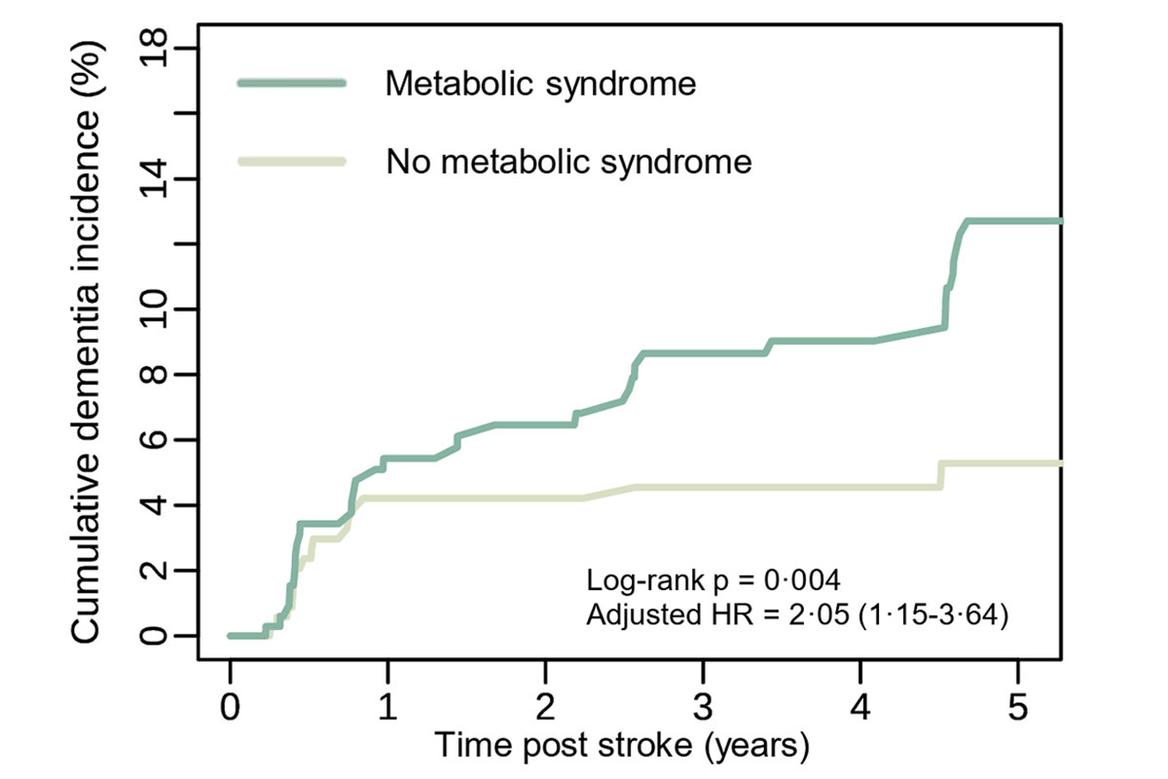
Key risk factors for post-stroke dementia uncovered
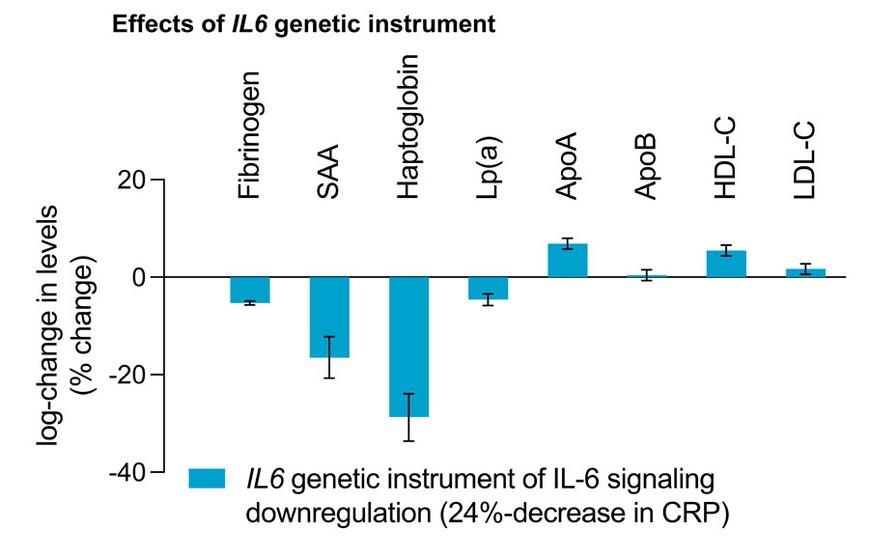
IL6 genetic perturbation mimicking IL-6 inhibition is associated with lower cardiometabolic risk

Mikael Simons Awarded Grant from the “Tauopathy Challenge Workshop 2025” Funding Program

Connectivity as a universal predictor of tau progression in atypical Alzheimer’s disease
ISD Research Retreat
July 2025 – ISD research teams met at the Ammersee for the annual scientific retreat to present their projects and discuss science. Besides presentations from Ph.D. students, a poster session, invited speaker talks, three minute thesis competition there were some amazing presentations about using AI and LLMs. The meeting further served as an opportunity to familiarize people with the medium- and long-term strategy of ISD.

ESO Scientific Award 2025 for Arthur Liesz

SyNergy Cluster receives funding for the next 7 years.

Microstrokes impair spatial memory and place cell stability

Dominik Paquet receives funding from the Alzheimer Forschung Initiative

Alpha-synuclein co-pathology promotes tau accumulation in Alzheimer’s disease

An atypical chemokine that links atherosclerosis and metabolic disease

The HDAC9 risk locus controls inflammasome activation in atherosclerosis
Aβ promotes tau spreading by eliciting neuronal hyperconnectivity
Novel strategy for biomarker-based amyloid diagnostics in clinical settings
Martin Dichgans among "Highly Cited Researchers 2024"

ERC Starting Grant 2024 for Anna-Sophia Wahl and her team



